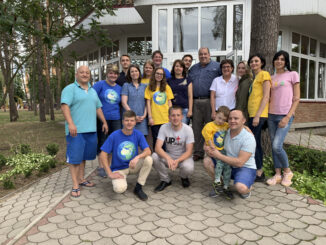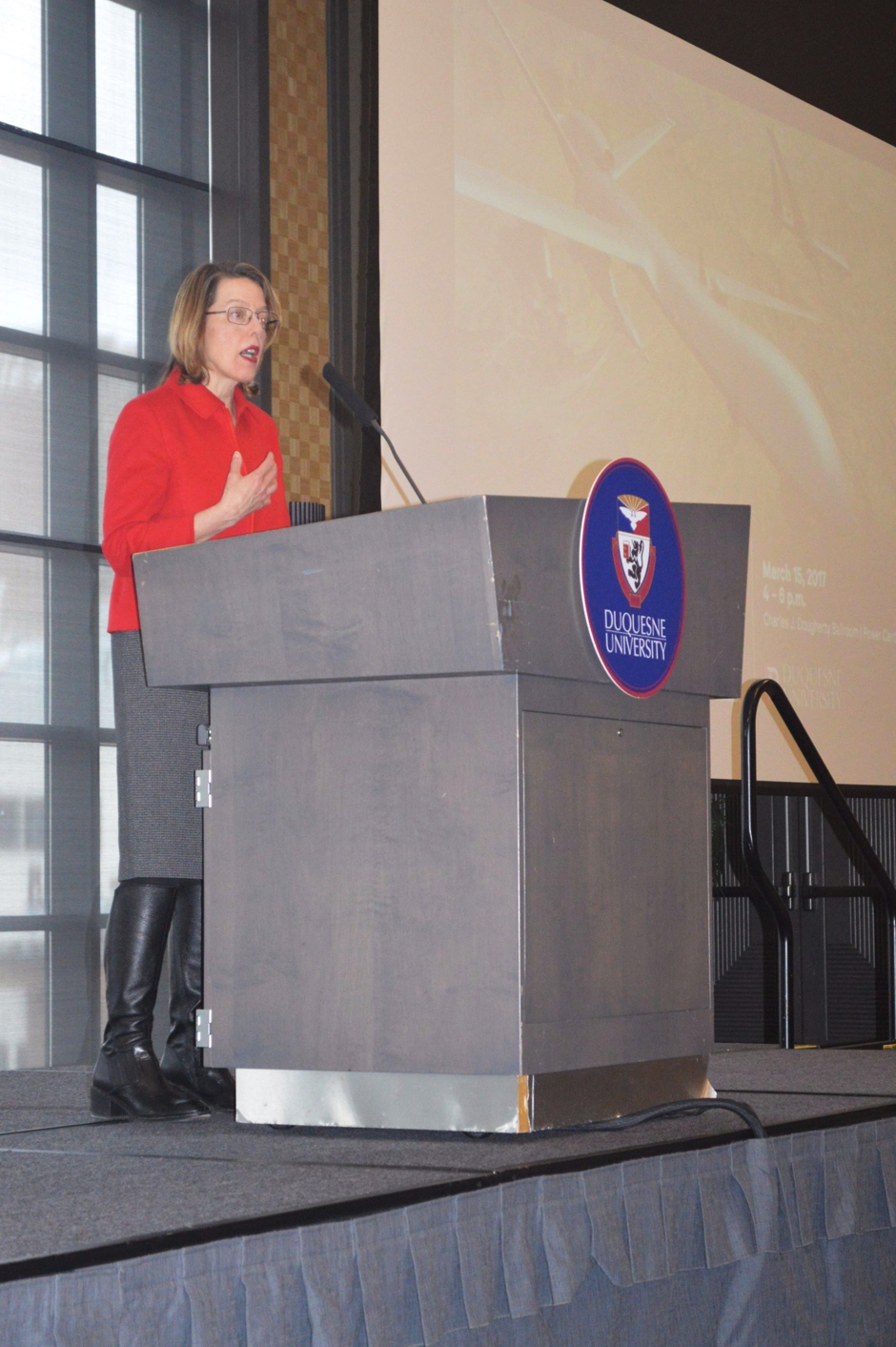
Mia Lubrani | staff columnist
Jan. 27, 2022
There is a geopolitical war brewing on the border between Ukraine and Russia. The Russo-Ukrainian war has been an ongoing conflict in Europe since roughly 2014, when the southern Black Sea port territory of Crimea was annexed by Putin.
Lately, Russian troops and politics have been interfering in the sovereignty of their neighbor state. Ukraine joined the United Nations in 1945 as a state in the USSR. In the 1991 Soviet Union collapse, they announced they would stop following any laws of the USSR and became recognized as an independent state.
There is a general respect in international politics that states should not interfere with other countries, unless there is a break of international law that induces it.
Russia is a frequent violator of international law; They have been an aggressive nation that has a history of interference in Ukraine, dating back to the 2004 Orange Revolution.
The prior interference shows Putin is not afraid to break international norms and laws because he already has.
Putin wants more power in his political sphere to protect the Russian people. He signifies this Russian identity because the majority of people in eastern Ukraine speak Russian, according to the Washington Post.
Polls done in recent years showed a trend toward citizens in eastern Ukraine wanting to join Russia, which only fueled Putin’s desires, though this is a biased way to look at the issue. Citizens in eastern Ukraine have been plagued by active combat for eight years now; The endless threat of war has influenced their recent acceptance of the oppressive authoritarian Russian Federation.
Putin has been a bully for years, and they are tired.
The threat of Ukraine growing in influence, continuing to act as a democracy and joining the North Atlantic Treaty Organization (NATO) are all intimidating to Russia. This is yet another example of the ideological war between democracy and authoritarianism.
NATO acts as a pro-democratic, intergovernmental military alliance between 30 countries. The Washington Post writes, “The treaty states that if one nation is invaded or attacked by a third party, all nations in NATO will collectively mobilize in its defense.”
Russia is demanding guarantees from NATO that Ukraine will not join and is already unhappy with NATO troops stationed in Poland, Estonia and Latvia.
NATO and President Joe Biden have confirmed Russia does not have the right to forbid induction, rightfully so. According to recent news, the U.S. has threatened economic sanctions if Russia continues interference; Russia still fears that their neighbor’s membership into NATO will increase their power and footprint, bringing them further away from Russian influence.
In recent days, the continued escalation has been dominant in world news. The British government is tasked with the responsibility of intercepting Russian communications, according to the New York Times. The Times also said Russia was developing plans to install a pro-Russian leader in their capital city of Kyiv.
Putin had already chosen a candidate that would create instability and make decisions with bias to the Russian federation. The alarming news of a Pro-Kremlin puppet government does not surprise the international community because of the recent border conflict.
There are issues with these actions because it is not fair to Ukraine to have their potential for success tampered with by an oppressive nation. Putin has kept troops on the border since 2014, putting tremendous strain on their military and citizens living in active combat. For Putin to infringe on their democratic elections is immoral and illegal, according to the UN clause regarding non-interference in electoral processes. It is a blatant infringement of international law, and we can only hope that it does not work.
Russia has deployed nearly 127,000 troops to surround Ukraine’s borders, with the threat of attack at any moment. Ukraine is in a high state of anxiety.
Because of the schemes to destabilize the government and tip the country into war, there was a meeting of political leaders on Jan. 22 to discuss the threat. It is against international law to oppress a country, interfere in others’ governments’ stability and infiltrate the sovereignty of another nation.
The meeting spoke darkly of Russia, and I think they have every right to fear their neighbor. On the surface, Putin may seem to want to control small portions of eastern Ukraine. But with his recent electoral sabotage attempt in their western capital, it is clear Putin wants to crush Ukraine and ruin their ability to govern. NATO interference must continue to help Ukraine preserve their democracy, but a war with Russia is not an action any country wants to experience.
Britain’s influx of information comes at a time when they are trying to gain political influence. Britain has also sent military backup to Ukraine along with dispatching ministers to NATO countries under threat to attempt to communicate directly with Russia.
Since 2020, a political scandal about Covid precaution has threatened Britain’s Prime Minister Boris Johnson’s power. Some people see Johnson’s exposure of Russia and assertive military actions as a way to divert attention from his past.
I think this could be a possibility of one of his motives, but I also believe someone needs to stand up to Putin. I am hoping Putin stops his sabotage and border conflict, but his pattern of attempting to expand his sphere of power since 2014 is leading me to believe that is not likely.
On a final note, the recent Russian infiltration into Ukraine has been a plot to get the West, or specifically the U.S., to pay attention to Russia. The U.S. has been trying to focus on China, which is its most competitive rival in technology, security, GDP and other comparative factors. There may even be a connection between China’s recent attempts at growth and Russia’s plot to drive attention toward their involvement in eastern Ukraine.




